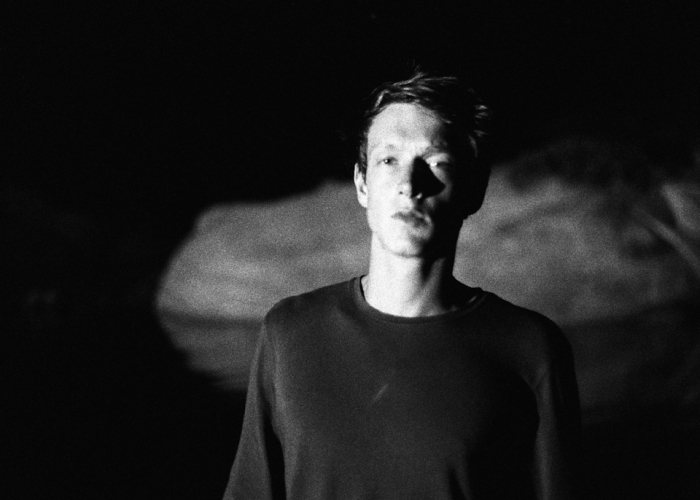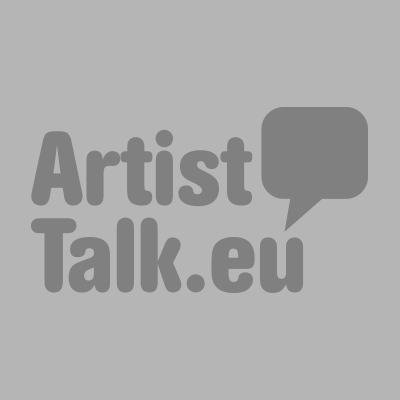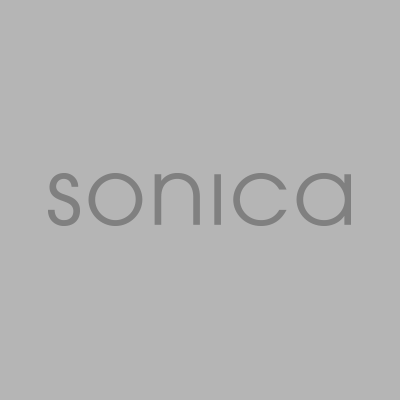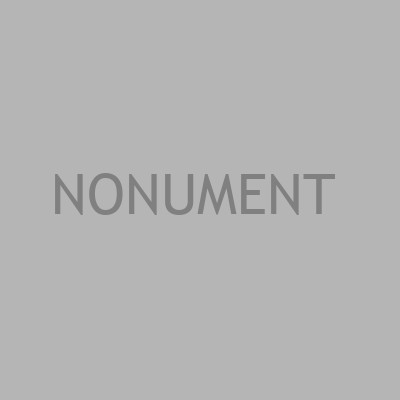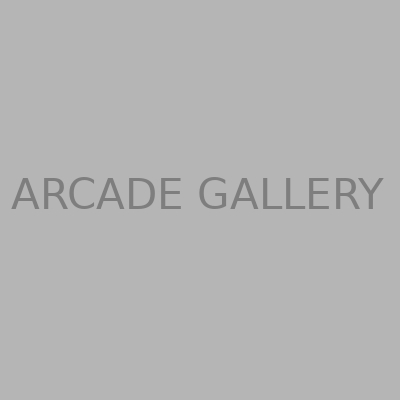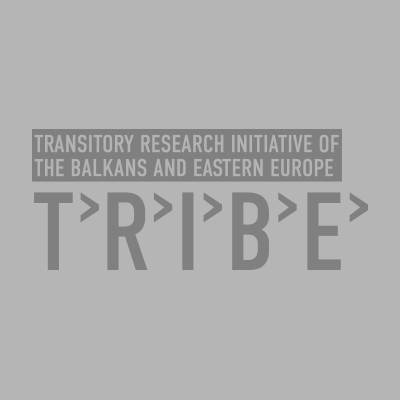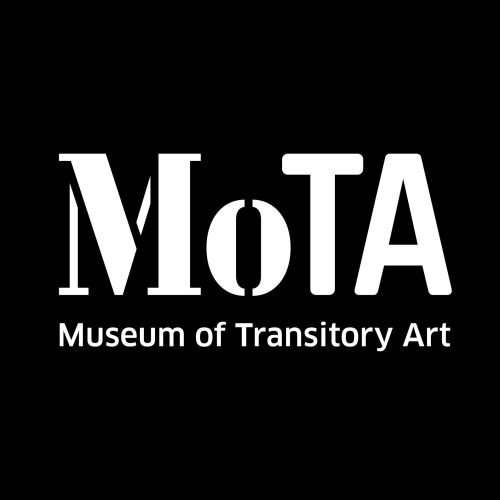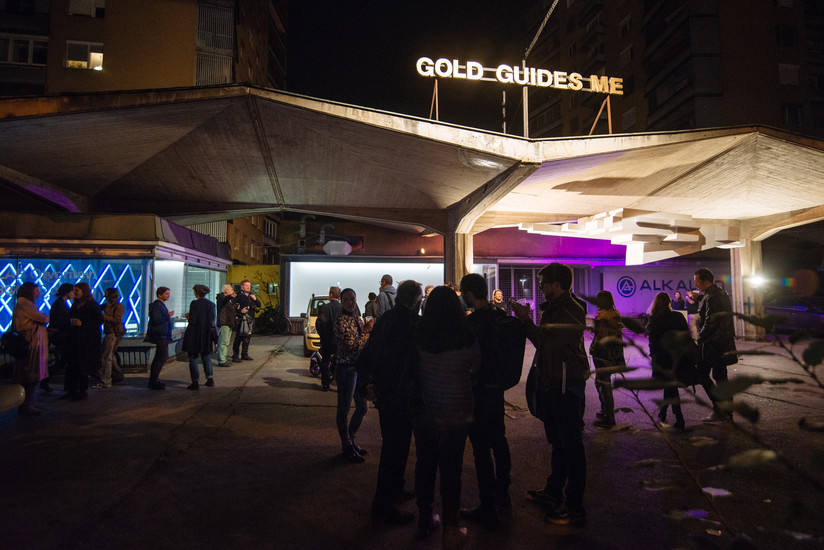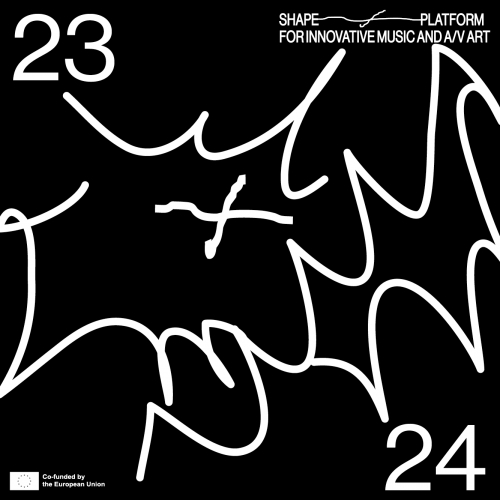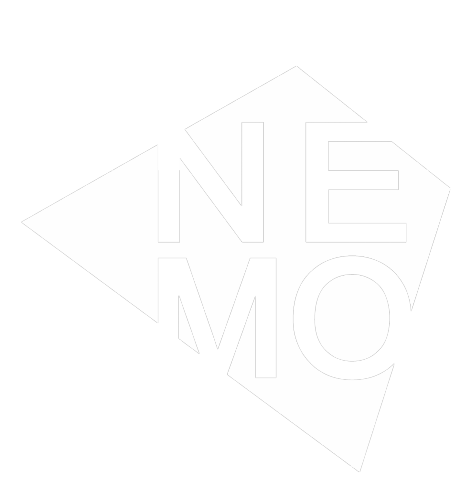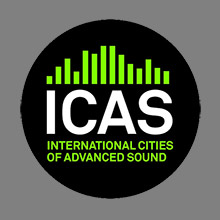From beach to bass: An interview with Oknai
Oknai is a Slovenian electronic artist based in Berlin. In 2011 rx:tx released his first EP Ain’t a Dream featuring raw, lo-fi drums, though its rough edges tend to get smoothed out by the wealth of detail and sampled fragments all tucked somewhere between glitch-hop, hip-hop and IDM. High Tide is the follow up to Oknai’s debut. The album was produced on the coast of Costa Rica.
So you live in Berlin now?
Oknai: Yes, I’ve been living here for two years already. I came here for various reasons, including music, and I had a job offer. I create concepts. It’s product design, user experience.
Does this also somehow influence your music?
O: Sure. It’s different though. It’s really structured, the work is a routine, and it changes you. But I rather not talk about it, because I just came back from work.
And how do you make music?
O: Inspiration is everything that drives me. It’s different kinds of inspiration, sometimes if you’re bored, it’s already an inspiration. You start messing around and the cool stuff comes out. You are relaxed and not under pressure that you have to do something.
You recorded your latest album High Tide while being at the Pacific coast, can you talk about it?
O: Me and my girlfriend decided to go to Costa Rica and spend the winter there. We couldn’t help ourselves to also be creative there. I was making musical sketches on my computer and headphones. It was a pretty productive time with a lot of inspiration.
How long did you stay there?
O: For the whole winter. I put together a lot of material and then I did a selection after I came back home. I didn’t have that much time, and it was right amount to be self-critical to do it in the right way.
Were you inspired by local music there?
O: In the village where we stayed, they had two parties there – one was kind of a dancehall-ish Caribbean style reggae, another was more Mariachi Mexico-influenced. The whole experience brought out some flavours that can be sensed in my music on that album.
You also mentioned self-criticism in creation. What is its importance, when does it get too much or not enough?
O: It depends on the person, but to me it’s something like ‘don’t be so hard on yourself’. Basically, when you have an idea you just have to make it happen and when this idea is in the shape that you imagine it, I think it’s enough.
You come from Slovenia. Were you also musically active before moving to Berlin?
O: We were hanging out with my friend and experimenting a lot with controllers, Monome, based on Arduino was one of them, for example. That was the controller which was hyped back then, the scene around Monome was quite big. It’s a tabula rasa, you can do whatever you want with it.
Do you still have the tracks that you made back then?
O: Yes, they are amazing. I still listen to them quite frequently.
Would you want to go back to that experimentation stage again?
O: I haven’t thought about it. I will do whatever comes and whatever suits me best. I have this machine APC 40, Akai, which I basically translated into midi so I can use it as a Monome.
Ljulbjana is a culturally active city.
O: I moved to Ljubljana when I started studying. Before that I lived in a really musically inspiring and vivid city called Velenje where a lot of Slovenian musicians come from – from rap, metal to rock.
What are you working on right now?
O: Music-wise I’m working on some sketches for a short feature movie. It will be an interesting project. I wish for more projects of this kind.
You also had a track on a Slovenian compilation recently.
O: Stiropor organise events and put out compilations by different Slovenian artists. It’s great to be part of this project and see how many people love to get involved in these kinds of projects and how much they are willing to work on it and also that these are guys from my generation. My track is called “El Cielo”, it means the “sky”, there is a spoken word prayer on the track.
Did you choose it because of the sound, or the meaning?
O: Both, actually. The track has a fast rhythm and was inspired by the spring that was coming. I’d been to Lanzarote and this track is influenced by that trip.
I guess travelling inspires you.
O: Definitely. I’d like to travel more. The city is tiring and nature and activities in nature give me energy and inspire me to do things.
– first published at Shapeplatform.eu

